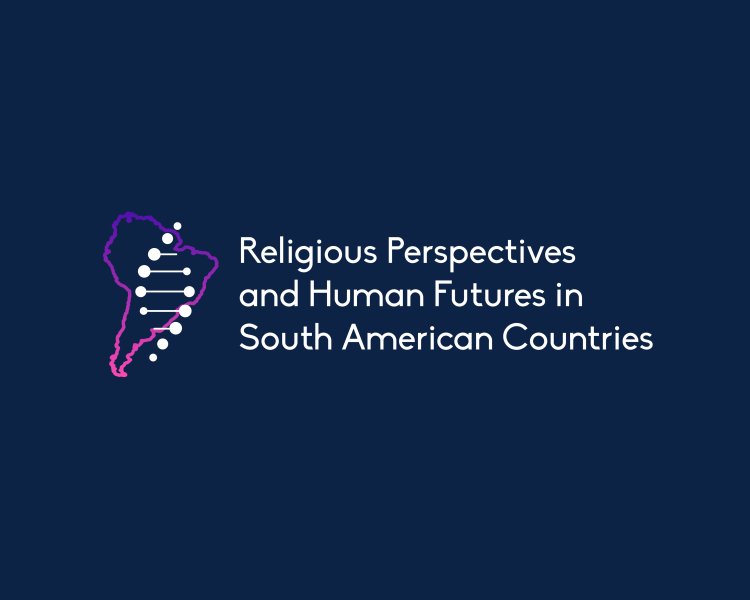
New Genetic Technologies in South America (2021-2024)
Key Details
A research project evaluating the new science of gene drives from a theological, philosophical and ethical perspective

-
Why are we carrying out this research project?
Invasive insect species represent a significant threat to native animals, to ecological systems, to food security, and to human health in different countries around the world, especially in the Global South.
Advances in CRISPR-Cas9 editing technologies have opened the prospect of managing this threat in a new way by means of gene drives. A gene drive is a technology of genetic engineering that propagates a particular suite of genes throughout a population, eventually leading to species eradication. Pilot projects are already planned to deploy gene drives to control the spread of screwworm populations in selected South American countries.
But what are the implications of gene drives, for local communities and for the ecosystems they inhabit? What are the political, cultural, and economic issues that will determine the public response in this region? And in the Catholic-majority countries of South America, to what degree will this be framed by a religious and ecclesial context?
-
What is our aim?
Whilst gene drives themselves have been widely addressed in academic and popular material, we have identified a gap with respect to studies of their ethical status and the factors that will determine public response to them, especially in the particular region where these pilots are envisaged.
Our project, which includes a cohort of scholars from the Global South, seeks to support public understanding of this new technology, and its relation to human values, in a way that is in step with and respectful of the faith commitments of local communities.
This will be enacted through a series of academic events throughout 2023-2024, culminating in a white paper document offering recommendations for scientists, policymakers and all those engaged in constructive thinking on this issue.
-
What activities are we undertaking?
Our project is developing an intellectual framework to evaluate the philosophical, ethical, and theological implications of gene drives, so as to facilitate improved public engagement and policymaking.
To support this work, we are gathering a cohort of scholars from different global regions. These will engage with briefing material via an online knowledge exchange hub. We are also conducting a series of in-person meetings with this cohort, including at a symposium in Rome to take place in May 2023.
We will be publishing briefing notes and other materials for engagement on this page, and via other media. A white paper will be produced and launched at a public engagement event in 2024.
-
Who is involved with this project?
The project is led by Dr. Celia Deane-Drummond, Director of the Laudato Si’ Research Institute, based at Campion Hall, University of Oxford.
We are assisted by an External Advisory Board comprising the following members:
- Professor John H. Evans, Associate Dean of Social Sciences and Co-Director of the Institute for Practical Ethics, UC San Diego
- Professor Tom Stapleford, Associate Professor, John J. Reilly Centre, University of Notre Dame
- Professor Laurie Zoloth, Margaret E. Burton Professor of Religion and Ethics, University of Chicago
- Professor Ronald Cole-Turner, H. Parker Sharp Professor of Theology and Ethics, Pittsburgh Theological Seminar
- Dr. Johanna Jauernig , Research Associate in Structural Development and Rural Transitions, Leibniz Institute of Agricultural Development, Halle, Germany
- Professor Louis Caruana, Professor of Philosophy, Pontifical Gregorian University & Vatican Observatory, Rome
- Professor Mark Wynn, Nolloth Professor of the Philosophy of the Christian Religion, University of Oxford



